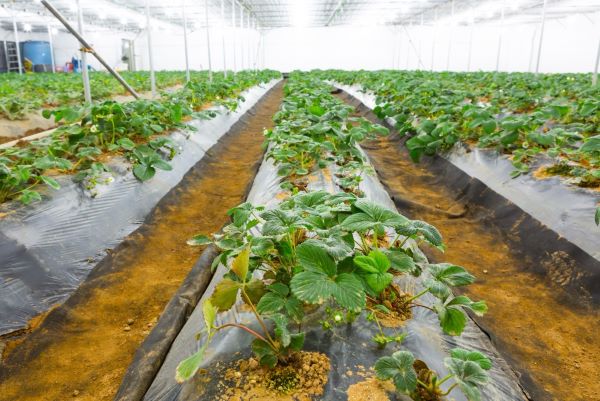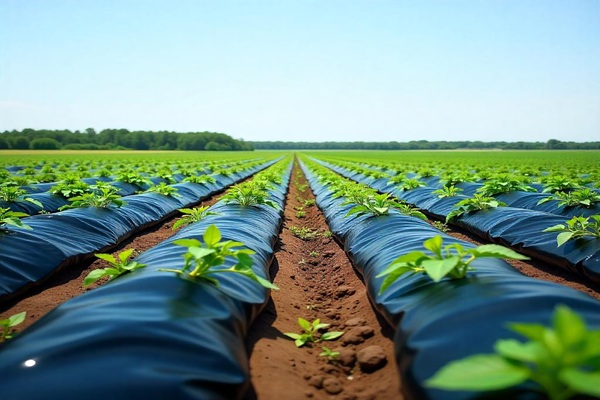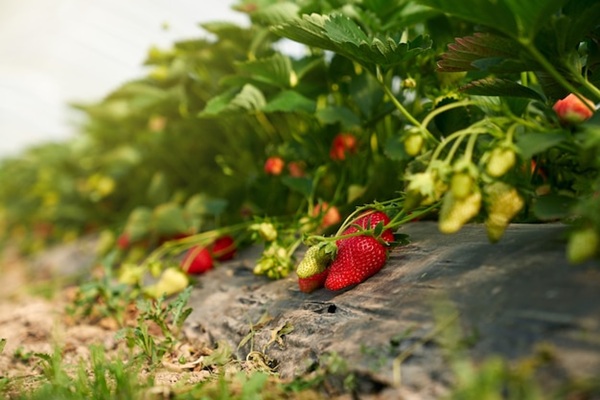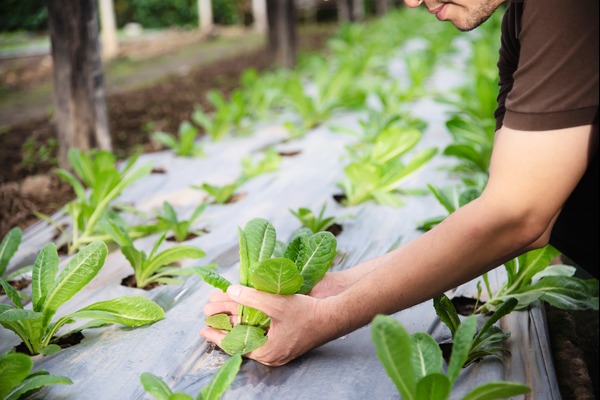
Due to the continuous effect that climate change has on the weather, agriculture across the world suffers regarding crop yields, water management, and soil health. Several techniques have been recommended for farmers to adapt to these changing circumstances; one of those tools is mulch film.
In this blog, we’ll look at how much the mulch film can contribute to mitigating the effects of climate change and preserving farmers who behave well in a sustainable manner.
What is Mulch Film?
Mulch film is a sheet made of plastic or any biodegradable material laid on the soil surface to retain moisture, regulate soil temperature, and control weeds. Several types exist: for example, black, clear, and reflective films are used for different purposes against various crops according to the environmental condition.
How Mulch Film Helps Farmers Adapt to Climate Change
1. Water Conservation
One of the principal problems in agriculture nowadays is water shortage. This contributes much to water conservation by reducing its evaporation from the soil surface. It is of great importance for regions that face droughts or have rains at rare intervals. Since this prevents water from evaporating into the air, it reduces the frequency of irrigating the land, thus allowing farmers to conserve water more effectively.
2. Soil Temperature Regulation
Extreme conditions do not favour crop growth. The mulching film, however, buffers the extreme temperatures by regulating the soil temperature hence protecting the roots. Black mulch film, for instance, absorbs sunlight and warms up the soil in cooler climates; this extends the growing season. Reflective mulch film can keep the soil cooler in hot regions to prevent heat stress on crops.
3. Soil Erosion Control
Climate change is bringing more and more unpredicted weather, leading to increased weather events. Heavy rains could cause soil erosion. Mulch film stabilizes the soil surface, reducing rain and wind impact. The obstruction of erosion not only preserves the structure and fertility of the soil but also creates conditions for healthy crop development.
4. Weed Suppression
Weeds compete with crops for water, nutrients, and sunlight. The temperature rise can make their growth more aggressive. Mulch film suppresses the germination of weeds by preventing sunlight from reaching the soil and hence reduces the application of chemical herbicides. This reduces the cost and helps in environmental farming methods.
5. Enhanced Crop Yield
This film acts favourably on the plants by way of conserving water, soil temperature regulation, and weed suppression, all combining to aid better growth of crops. This leads to healthier plants and consequently higher yields. A higher crop yield is an essential factor in the feeding of a growing global population at a time when food security is threatened by climate change.
6. Pest and Disease Management
Some mulch films, the reflective ones especially, could be used in repelling insects by confusing them or making the environment around them not as conducive to these insects. By maintaining a consistent soil environment, the mulch film reduces conditions that favour the spread of some soil-borne diseases.
The Future of Mulch Film in Climate-Resilient Agriculture
With increased climate change in the future, it is expected that the usage of mulch films will also keep growing. Innovations in biodegradable mulch films further contribute to environmental friendliness in this technology, ensuring less plastic waste. A great deal of promise is held by research into "smart" mulch films that could respond to changes in the weather or release nutrients over time.
Farmers all over the world are now looking at mulch film as a tool for climate adaptation. Its water conservation, soil health protection, and also crop yield increase have made it an extremely important component of sustainable agriculture in the wake of climatic changes.
Every tool is necessary in the fight against climate change. This film protects erosion, and pests, conserves water, regulates soil temperature, and is a mighty ally to farmers. Further into the future, more development and use of mulch film will be essential for agriculture's resilience and its ability to feed the world even with more changing climates.
Whether you are a large-scale farmer or a home gardener, understand the benefits of mulch film in light of climate change. This is one simple yet effective tool you could use to help your farming practices protect your crops, conserve resources, and work toward a more sustainable future. Contact us at Neha Mulch Film for more.
Also, read our other blog: Agriculture Mulch Film And Pest Management: What To Know







